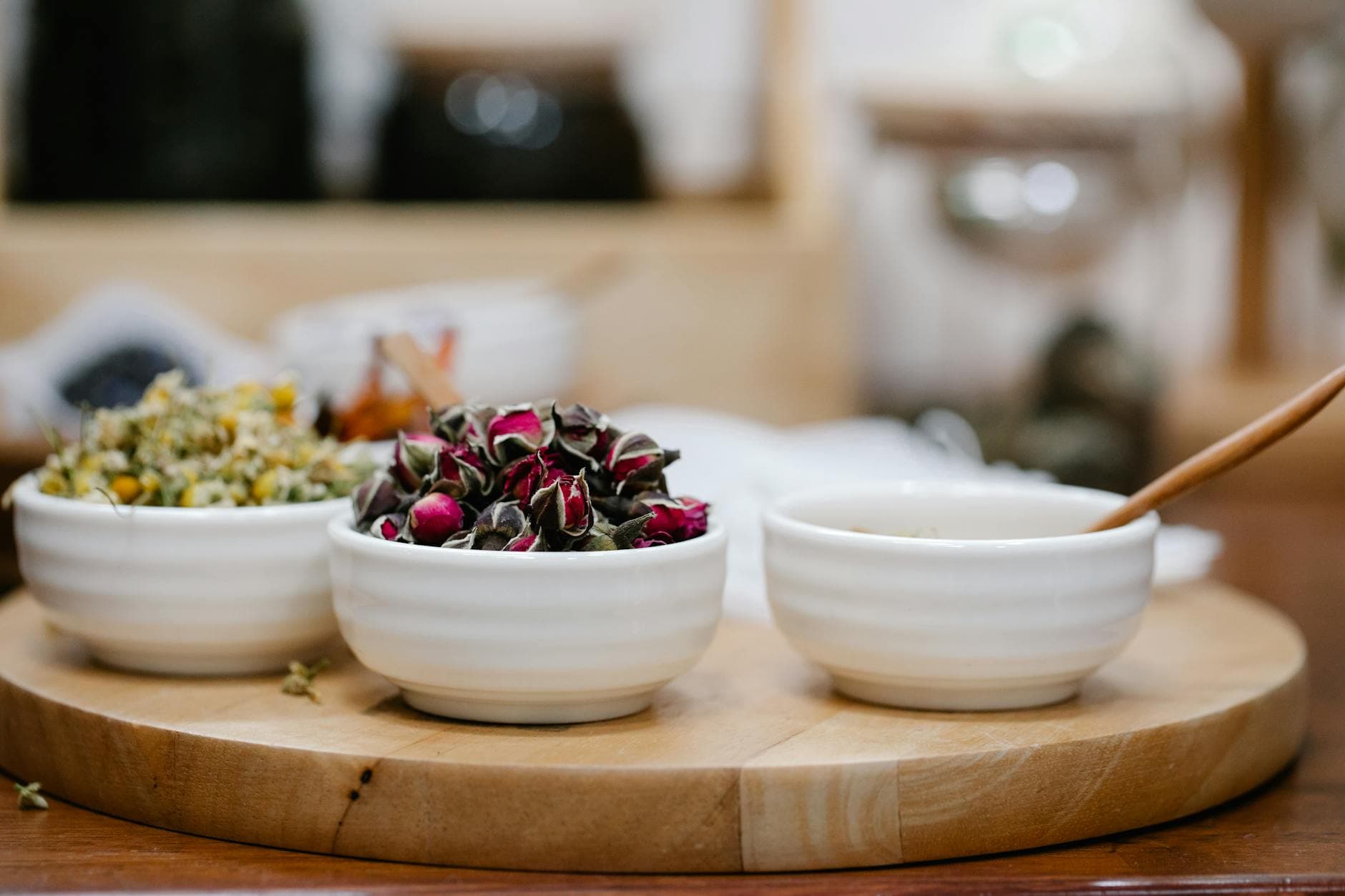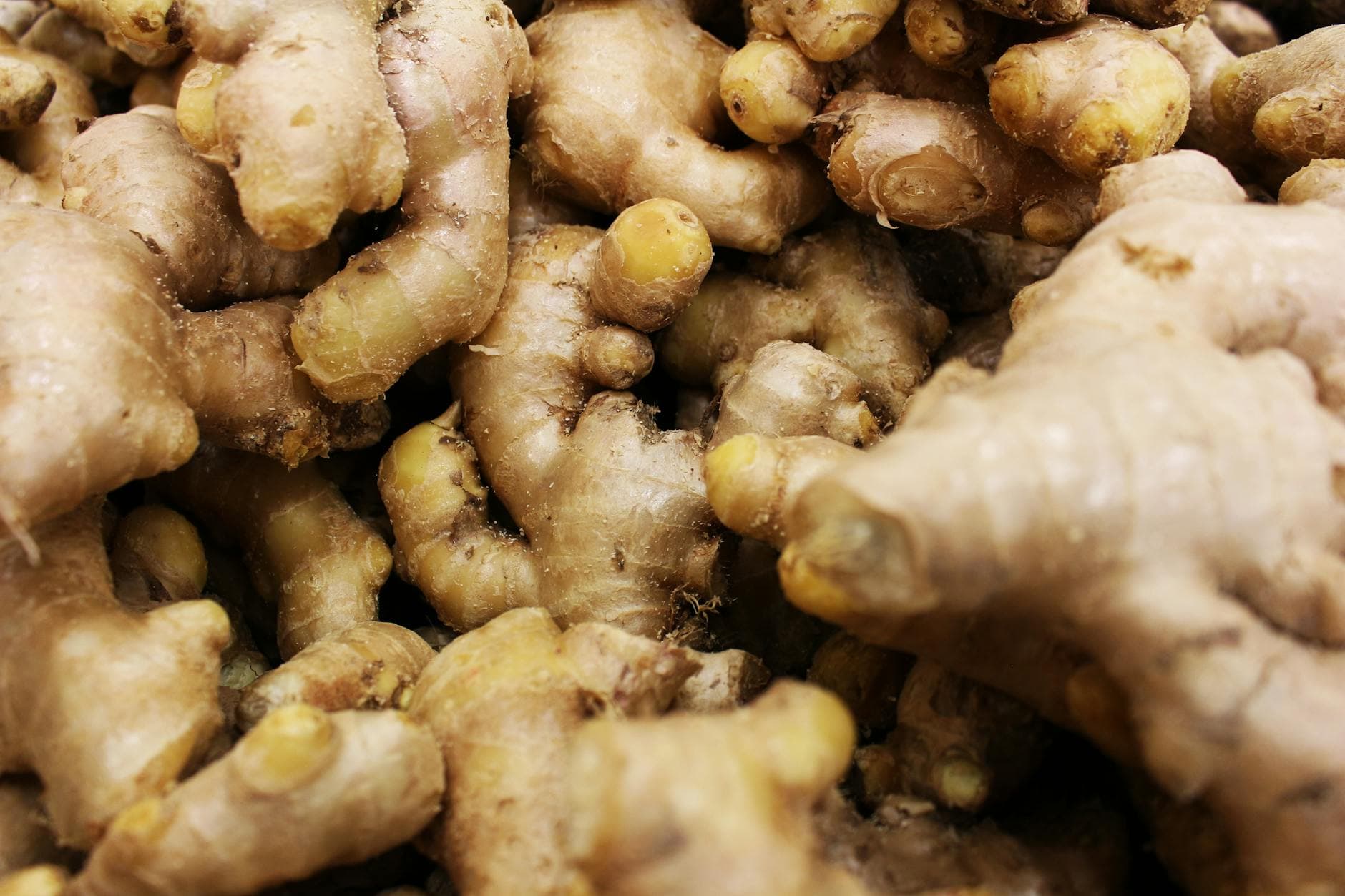A persistent cough can be more than just an annoyance; when it lingers for eight weeks or more in adults (or four weeks in children), it's classified as a chronic cough. This prolonged symptom can significantly impact daily life, disrupting sleep, causing fatigue, and even leading to social discomfort. While many associate a cough with a fleeting cold, a chronic cough often points to underlying issues that require attention.
At Healbal, we understand the desire for gentle, natural approaches to health challenges. This guide offers a comprehensive look at chronic cough, exploring its common causes and providing actionable, evidence-based natural strategies and herbal remedies to help you find relief and support your respiratory well-being. Remember, while natural methods can offer significant comfort, persistent or severe symptoms always warrant a consultation with a healthcare professional.
Causes
What Triggers a Persistent Cough? Common Causes & Risk Factors
Understanding the root cause of a chronic cough is the first step toward effective management. Often, it's not just one factor but a combination of issues contributing to its persistence. Here are some of the most common culprits:
- Postnasal Drip (Upper Airway Cough Syndrome - UACS): This is a leading cause. Excess mucus from the nose and sinuses drips down the back of the throat, triggering the cough reflex. It can be due to allergies, colds, sinus infections, or environmental irritants.
- Asthma: Cough-variant asthma, where the primary symptom is a dry cough, is common. Other forms of asthma can also manifest with coughing, especially at night or after exercise, often accompanied by wheezing or shortness of breath.
- Gastroesophageal Reflux Disease (GERD): Stomach acid refluxing into the esophagus can irritate the throat and trigger a chronic cough, sometimes without typical heartburn symptoms. This is often worse at night or after meals.
- Chronic Bronchitis: Inflammation of the bronchial tubes, often linked to smoking or exposure to irritants, can cause a persistent cough that produces mucus.
- Medications: Certain prescription drugs, particularly Angiotensin-Converting Enzyme (ACE) inhibitors used for high blood pressure and heart conditions, can cause a dry, hacking cough in about 20% of users.
- Environmental Irritants: Exposure to smoke (including secondhand), dust, pollen, chemical fumes, and air pollution can irritate airways and lead to a chronic cough.
- Respiratory Infections: A cough can linger for weeks or even months after a viral infection like a cold or flu, or bacterial infections like whooping cough (pertussis) or pneumonia.
Risk Factors: Smoking, exposure to allergens or irritants, a history of allergies or asthma, and certain medical conditions like GERD can increase your risk of developing a chronic cough.
Symptoms
Recognizing the Signs: Symptoms of Chronic Cough
While the defining symptom of a chronic cough is its duration (over 8 weeks in adults), it can manifest in various ways depending on the underlying cause. Observing the characteristics of your cough and any accompanying symptoms can provide valuable clues:
- Persistent Cough: This is the core symptom, lasting for an unusually long period. It can be dry and hacking, or productive (bringing up mucus).
- Throat Irritation: A tickling sensation, scratchiness, or a feeling of something stuck in the throat, often leading to a constant urge to clear it.
- Hoarseness: The vocal cords can become irritated from constant coughing, leading to a change in voice.
- Fatigue: Chronic coughing, especially if it disrupts sleep, can lead to significant tiredness and exhaustion.
- Headaches or Lightheadedness: Intense coughing fits can sometimes cause these symptoms.
- Incontinence: In some cases, severe coughing can lead to a temporary loss of bladder control.
- Associated Symptoms: Depending on the cause, you might also experience:
- Postnasal Drip: Sensation of mucus dripping down the throat, frequent throat clearing.
- Asthma: Wheezing, shortness of breath, chest tightness.
- GERD: Heartburn, acid taste in the mouth, indigestion, worsening cough after eating or lying down.
- Infections: Fever, body aches, sore throat (though these are less common with a truly chronic, post-infection cough).
When to See a Doctor (Red Flags): While natural remedies can be helpful, it's crucial to seek medical attention immediately if your chronic cough is accompanied by any of the following:
- Coughing up blood or pink-tinged sputum
- Shortness of breath or difficulty breathing
- Unexplained weight loss
- Fever that persists or is high
- Chest pain or tightness
- Swelling in the legs or ankles
- Difficulty swallowing
- New or worsening hoarseness
These symptoms could indicate a more serious underlying condition that requires professional diagnosis and treatment.
Natural Remedies
Gentle Approaches: Natural Remedies & Lifestyle Support for Chronic Cough
Beyond identifying the cause, several natural strategies can provide significant relief and support your body's healing process. These focus on soothing irritation, clearing airways, and bolstering overall respiratory health.
- Stay Hydrated: Drinking plenty of water, herbal teas, and warm broths helps thin mucus, making it easier to expel, and keeps the throat moist, reducing irritation.
- Honey: A time-honored remedy, honey can effectively soothe a sore throat and calm coughs, especially those caused by irritation. Take a teaspoon as needed or mix it into warm water or herbal tea. Look for raw, local honey for added benefits.
- Steam Inhalation: Inhaling steam can help moisten airways, loosen mucus, and relieve congestion. You can do this by leaning over a bowl of hot water with a towel over your head, or using a warm mist humidifier in your bedroom. Adding a few drops of essential oils like eucalyptus or peppermint (if tolerated and not for young children) can enhance the effect.
- Elevate Your Head: If your cough is worse at night, particularly if GERD or postnasal drip is suspected, sleeping with your head elevated (using extra pillows or a wedge pillow) can help prevent mucus or acid from irritating your throat.
- Avoid Irritants: Identify and eliminate common triggers such as tobacco smoke (firsthand and secondhand), strong perfumes, chemical cleaners, and excessive dust. Investing in an air purifier can also be beneficial.
- Gargle with Salt Water: A simple salt water gargle can help reduce throat inflammation and clear mucus. Mix half a teaspoon of salt in a glass of warm water and gargle several times a day.
- Nasal Rinsing (Neti Pot): For coughs related to postnasal drip, a neti pot or saline nasal spray can effectively flush out allergens and excess mucus from nasal passages, reducing the drip. Use distilled or sterilized water to avoid infections.
Herbal Treatments
Herbal Allies: Evidence-Based Botanicals for Cough Relief
Nature offers a powerful apothecary of herbs known for their soothing, expectorant, and anti-inflammatory properties. When choosing herbs, consider their specific actions and always be mindful of potential interactions or contraindications.
- Marshmallow Root (Althaea officinalis):
Benefits: A demulcent herb, marshmallow root contains mucilage that coats and soothes irritated mucous membranes in the throat and respiratory tract. It's excellent for dry, hacking coughs.
Usage: Often used as a cold infusion (soak 1-2 teaspoons of dried root in cold water for several hours) or as a warm tea. Available in capsules or tinctures.
Cautions: May slow the absorption of medications, so take at least an hour before or after other drugs. Generally considered safe, even for children. - Licorice Root (Glycyrrhiza glabra):
Benefits: An expectorant and demulcent, licorice helps loosen and expel mucus while soothing the throat. It also has anti-inflammatory properties.
Usage: Typically consumed as a tea or in tincture form. Deglycyrrhizinated licorice (DGL) is available without the blood pressure-raising compound.
Cautions: Avoid or use with extreme caution if you have high blood pressure, kidney disease, heart failure, or are pregnant. It can interact with diuretics, corticosteroids, and blood thinners. Use DGL if concerned about blood pressure. - Thyme (Thymus vulgaris):
Benefits: Thyme is a potent antispasmodic and expectorant, making it effective for coughs with spasms or thick mucus. It also has antimicrobial properties.
Usage: Commonly used as a strong tea (infuse 1-2 teaspoons of dried herb in hot water for 10-15 minutes). Available in syrups and tinctures.
Cautions: Generally safe; large doses might affect thyroid hormones. Avoid in pregnancy in medicinal amounts. - Ginger (Zingiber officinale):
Benefits: Ginger is anti-inflammatory, antioxidant, and can help relax the smooth muscles of the airways, potentially easing coughs. It's also warming and helps clear congestion.
Usage: Fresh ginger tea (slice and simmer fresh ginger root), ginger chews, or added to food. Available in capsules.
Cautions: Generally safe; high doses may cause mild heartburn or stomach upset. May interact with blood thinners. - Slippery Elm Bark (Ulmus rubra):
Benefits: Similar to marshmallow root, slippery elm is a demulcent that forms a soothing gel, coating the throat and relieving irritation, especially for dry coughs.
Usage: Often taken as a gruel (mix powder with water), lozenges, or tea.
Cautions: Like marshmallow root, it can slow medication absorption. Take separately from other drugs. - Plantain Leaf (Plantago major/lanceolata):
Benefits: A gentle demulcent and expectorant, plantain leaf is excellent for soothing inflamed mucous membranes and helping to clear phlegm. It's also mildly astringent.
Usage: Best as a tea (infuse dried leaves) or in a tincture.
Cautions: Generally very safe with no known significant interactions.
Always consult with a qualified herbalist or healthcare professional before starting any new herbal regimen, especially if you are pregnant, breastfeeding, or taking medications, to ensure safety and appropriate dosing.
Prevention
Proactive Steps: Lifestyle & Diet for Preventing Chronic Cough Triggers
Preventing a chronic cough often involves identifying and mitigating its triggers through mindful lifestyle and dietary choices. By supporting overall respiratory and digestive health, you can reduce the likelihood of persistent irritation.
- Manage Allergies: If allergies contribute to postnasal drip, identifying and avoiding allergens is key. Consider natural antihistamine support like stinging nettle tea (Urtica dioica) or local honey, and keep your home free of dust mites and pet dander.
- Optimize Gut Health: For GERD-related coughs, diet plays a crucial role. Avoid trigger foods such as spicy foods, acidic fruits, caffeine, chocolate, alcohol, and fatty meals, especially before bedtime. Eating smaller, more frequent meals and allowing time for digestion before lying down can help. Probiotic-rich foods can also support overall gut health.
- Quit Smoking & Avoid Secondhand Smoke: This is arguably the most impactful step for preventing and resolving many chronic coughs. Smoking directly irritates airways and damages lung tissue.
- Maintain Good Air Quality: Use air purifiers, especially in the bedroom, and ensure adequate ventilation in your home. Avoid harsh chemical cleaners and strong artificial fragrances.
- Stress Management: Chronic stress can exacerbate many conditions, including asthma and GERD, which can indirectly contribute to a cough. Practices like yoga, meditation, deep breathing exercises, and spending time in nature can be beneficial.
- Support Immune Function: A robust immune system can help prevent lingering post-viral coughs. Ensure adequate intake of vitamins C and D, zinc, and consider immune-supportive herbs like elderberry (Sambucus nigra) or echinacea (Echinacea purpurea) during cold and flu season.
- Regular Exercise: Moderate physical activity supports lung health and circulation. However, if exercise triggers your cough, consult a doctor to rule out exercise-induced asthma.









